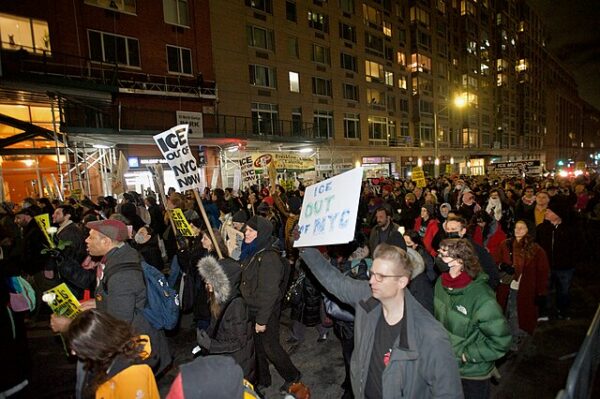
In an unprecedented step to address the nation’s ballooning immigration caseload, Defense Secretary Pete Hegseth has authorized the deployment of up to 600 military lawyers to serve as temporary immigration judges, according to an August 27 Pentagon memo obtained by The Associated Press.
White House officials cast the deployment as a pragmatic response to a national bottleneck. “This should be a priority that everyone — including those waiting for adjudication — can rally around,” one official said, noting that broader efforts to expand the permanent bench are also underway.
The plan, drafted in response to a Justice Department request, calls for sending groups of 150 attorneys—drawn from both military and civilian ranks—to bolster the nation’s overburdened immigration courts “as soon as practicable.” The first wave of attorneys is expected to be identified by next week, with each assignment capped at 179 days and renewable if needed.
The scale of the move is striking. With roughly 600 active immigration judges currently on the bench, the addition of military lawyers could effectively double the system’s capacity. The intervention comes as immigration courts strain under an unprecedented backlog of 3.5 million cases, a crisis intensified by the Trump administration’s stepped-up enforcement campaign and the recent departure of more than 100 judges through firings or resignations. A federal judges’ union reported in July that at least 17 jurists had been dismissed “without cause.”
The Pentagon’s memo underscores both urgency and caution. It stipulates that participation depends on personnel availability and may require mobilizing reserve officers. It also warns the Justice Department to ensure compliance with the Posse Comitatus Act, which prohibits the use of military forces for domestic law enforcement, a reminder of the delicate legal ground on which the initiative stands.
The administration’s reliance on military support follows a separate courtroom defeat earlier this week, when a federal judge ruled that President Trump’s deployment of National Guard troops to Los Angeles to police immigration protests had violated federal law. The ruling highlighted the fraught intersection of immigration policy, executive authority, and military involvement.
For immigrants awaiting hearings, the stakes remain high. Cases often languish for more than a year before reaching final adjudication. Whether the infusion of military lawyers will meaningfully reduce delays—or merely serve as a stopgap—remains to be seen. Both the Justice and Defense Departments declined to elaborate on how the program will be implemented, directing inquiries to the White House. The first contingent of military attorneys is expected to begin hearing cases within weeks.
Trump admin says they have deported about 200k illegal aliens since the Donald got into office. That works out to about 1,000 removals per day. Another 1.6 million have self-deported rather than face authorities, according to reports.
[Read More: Omar Tries Hiding Her Wealth]











